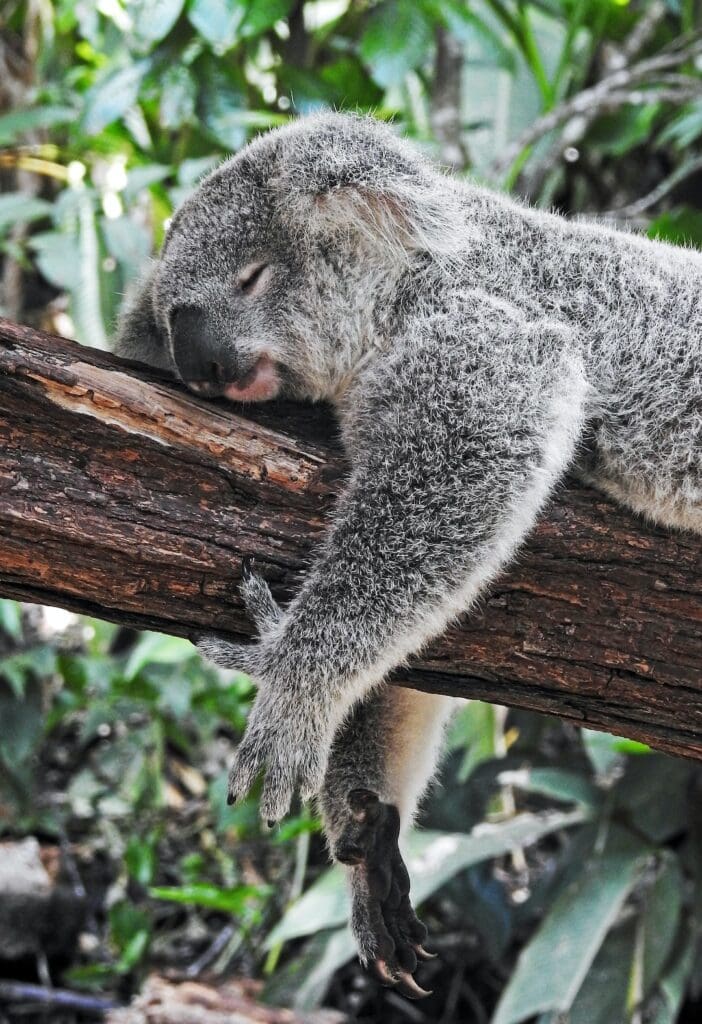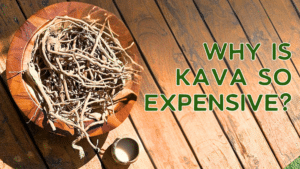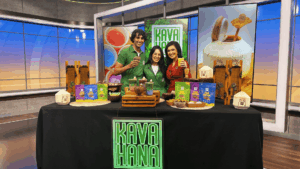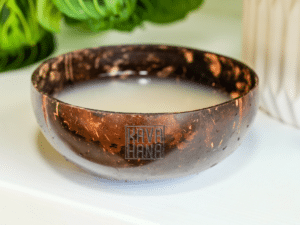We all use kava for different reasons. Some are attracted to its uplifting and social qualities, while others prefer its more relaxing and calming effects. When it comes to the question “Does kava make you tired?” the answer is it depends. It’s not the cut-and-dry answer you were hoping for, I’m sure. But kava is complicated.
Kava comes in different cultivars, each with a different quality. And these qualities depend on how much of each kavalactone is present. Kavalactones are the active ingredients in kava and are responsible for kava’s famous relaxing, clarifying, and socializing effects.
How it works
Research tells us that kavalactones work directly on neurotransmitters. Neurotransmitters are the chemical messengers in the brain that communicate between different brain regions and from the brain to the body. They impact our mood and physical functioning. Kavalactones specifically act on the serotonin, dopamine, and gamma-aminobutyric acid (commonly known as GABA) neurotransmitter systems. GABA is an inhibitory neurotransmitter (it decreases activity) that is a well-known therapeutic target in anxiety disorders. Its inhibitory nature is what leads to its calming and relaxing effects.
Kava influences our mood by altering the activity of GABA receptors, which in turn affects the release of GABA neurotransmitters. While we still don’t know exactly how kava affects GABA receptors, research suggests a few potential pathways. One theory is that kava increases both the activity and quantity of GABA-A receptors, enhancing the binding of GABA to cells and resulting in greater relaxation and calmness. Additionally, kava might inhibit calcium channels, thereby decreasing the release of excitatory neurotransmitters known to cause anxiety. These pathways highlight kava’s potential to induce a calmer and more relaxed state.
How kava makes you feel tired
It’s in the Kavalactones
There are over 100 different kavalactones, but only six are connected to the effects we know in kava. This generally puts them into two different categories: heady and heavy.
Heady kavas are the ones that make you feel more social, clear, and uplifted. They affect your mind more than your body and only last a few hours. Heavy kavas, on the other hand, affect your body. They make you feel slow and tired, and it feels like your limbs are weighed down.
I’ll bet you can guess that heavy kavas are the ones that make you feel tired.
The kavalactones most noticeable in heavy effects are dihydrokavain, dihydromethysticin and methysticin. Dihydrokavain and Dihydromethysticin are most responsible as they promote muscle relaxation and anti-anxiety effects, potentially causing you to feel tired as the body unwinds. Methysticin is a complementary kavalactone that has a lesser effect but still adds its own contribution. All contribute to the overall calming effect of kava and, depending on individual sensitivity and dosage, can lead to varying degrees of fatigue as they reduce stress and muscle tension.
It depends on how much you drink and how strong your kava is
There is also the question of how much you drink. Just like other substances like alcohol, quantity matters. Reports from the islands suggest that the more kava you drink the more tired you feel. It also potentially affects your ability to drive.
Different kava preparations may also affect how strong your kava is. For example, smaller doses leave you feeling calm, refreshed, and social, while taking higher doses may give you feelings of bliss, calm, and sleepiness. Higher doses are not generally recommended as they can impair certain cognitive abilities like fine motor skills. So as with other substances, there is a limit to how much you should take.
The Takeaway
As we highlighted here, kava can make you feel tired. It’s important to understand the type of kava you’re consuming—whether it’s heady (more uplifting) or heavy (more calming)—and your intention behind drinking it, whether for socializing or relaxation. Kava is known to help people with insomnia but can also help you focus and support feeling social.
Kava’s effects on you can vary, and it may take some time to recognize how your body responds, particularly when it comes to feeling fatigued. Your body size also plays a role in how quickly you feel its effects. The smaller you are, the less kava you need. Although kava is generally safer and requires a larger amount to feel excessively tired compared to alcohol, being aware of your limits is crucial to enhancing your kava experience.
* Please note that the majority of kava research pertains to kava extracts, which often undergo significant processing and may contain additional ingredients and fillers that can influence their efficacy. It is crucial to consider this distinction when reading about kava studies. To draw an analogy, enjoying natural kava as a beverage can be likened to experiencing a freshly brewed cappuccino, whereas kava extracts are akin in functionality to a caffeine pill. Both forms have their unique benefits and can cater to different preferences and needs. While it’s helpful to understand research on kava extracts, please view it critically and remember that natural kava offers a uniquely holistic experience.







